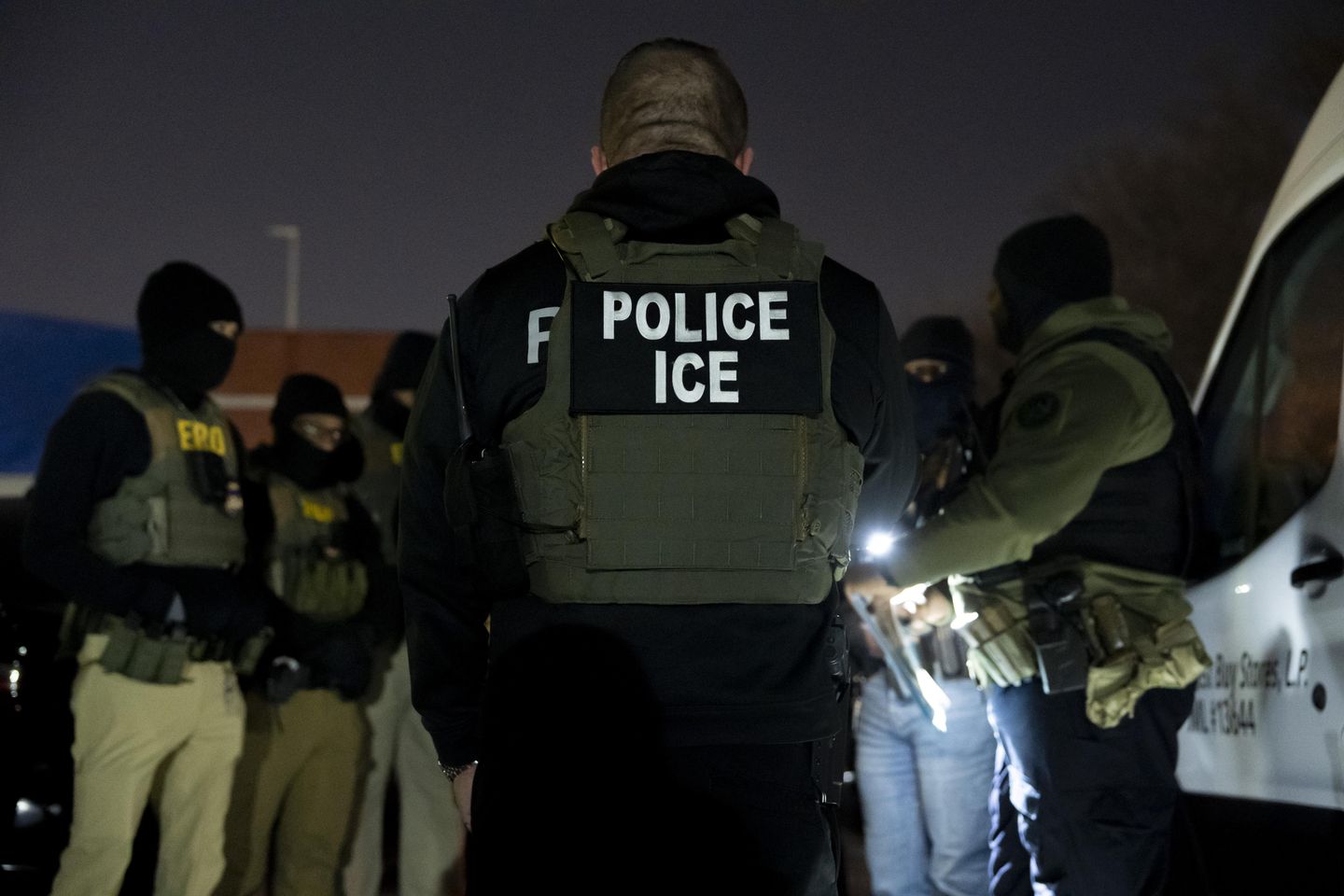Israeli airstrikes killed at least 50 Palestinians in Gaza on Tuesday, local health authorities said, as Israel continues its bombardment despite mounting international pressure to stop military operations and allow aid into Gaza unimpeded.
The attacks were carried out on two homes, where women and children were among the 18 dead, and a school housing displaced families, among other areas, according to Gaza medics.
Israel’s military, which on Monday warned those in the southern Gazan city of Khan Younis to evacuate to the coast as it prepared for an “unprecedented attack,” had no immediate comment.
The strikes early Tuesday were carried out on Khan Younis and areas to the north, including Deir al-Balah, Nuseirat, Jabalia, and Gaza City, the medics said.
Israeli strikes have killed more than 500 people in the past eight days as the military campaign has intensified, they say.
After her family’s home in Gaza was bombed, Mirvat Alshrafi applied to bring them to safety through Canada’s special visa program — but delays have left them trapped in a war zone. Nearly a year later, she’s now part of a legal fight to force the government to act.
French foreign minister condemns ‘blind violence’
The United Nations has long said Gaza, with a population of about 2.3 million, needs at least 500 trucks of aid and commercial goods every day. Throughout the war, trucks with aid have waited weeks and months at Gaza’s border to enter.
The UN has received permission from Israel for about 100 more aid trucks to enter Gaza on Tuesday, a spokesperson for its humanitarian office said.
After an 11-week Israeli blockade, Israel cleared nine trucks of aid on Monday to enter Gaza through the Kerem Shalom crossing, although just five of those entered Gaza, Jens Laerke, spokesperson for the UN humanitarian office, told a Geneva press briefing.
“The next step is to collect them, and then they will be distributed through the existing system, the one that has proven itself,” said Laerke, adding that those trucks contained baby food and nutritional products for children.
Malnutrition rates in Gaza have risen during the Israeli blockade and could rise exponentially if food shortages continue, a health official at the UN Palestinian refugee agency UNRWA said at the same briefing.
The war, now in its 20th month, has strained Israel’s relations with much of the international community and those with its closest ally, the United States, now appear to be wavering.
A small amount of aid is finally reaching Gaza, but world leaders say it’s not enough to prevent famine. Meanwhile, Israel is preparing a major assault, triggering one of the largest evacuation orders in months as Palestinian families flee.
The leaders of Britain, France and Canada warned on Monday they could take “concrete actions” against Israel if it did not stop military operations in Gaza and lift its restrictions on aid.
In a separate statement alongside the European Union and 20 other nations, the three countries warned that Gaza’s population was facing starvation and that the UN and aid groups must be allowed to carry out their work independently.
Responding to the leaders’ criticism, Israeli Prime Minister Benjamin Netanyahu said his country was engaged in a “war of civilization over barbarism” and vowed it would “continue to defend itself by just means until total victory.”
Under a heavily criticized U.S. and Israeli-backed plan to deliver aid, a newly created Gaza Humanitarian Foundation aims to start work in Gaza by the end of May. Israel’s ground and air war has devastated Gaza, displacing nearly all its residents and killing more than 53,000 people, many of them civilians, according to Gaza health authorities.
France’s foreign minister continued the criticism on Tuesday, saying in an interview that Israel’s easing of humanitarian aid access to Gaza was insufficient.
Jean-Noel Barrot told France Inter radio that “Israeli government’s blind violence, the blocking of humanitarian aid have turned Gaza into a place for dying, not to say a cemetery.”
Relations between France and Israel have soured in recent months as Paris has increasingly taken a tougher stance on events in Gaza and suggested it could recognize a Palestinian state at a meeting in New York on June 18, depending on certain conditions, drawing Netanyahu’s ire.
When asked what concrete measures the three were referring to, Barrot indicated that at the European Union level there was a growing call from some countries, including France, to review a long-standing association agreement with Israel to determine whether it is reneging on the clauses related to human rights.
The Sunday Magazine22:17What Trump’s Middle East tour means for U.S. foreign policy
The White House is championing a diplomatic breakthrough with Syria and deepened investment ties in the Gulf region, following U.S. President Donald Trump’s state visits to Saudi Arabia, Qatar and the United Arab Emirates this past week. The New York Times White House correspondent Luke Broadwater, who was on the trip, joins Piya Chattopadhyay to break down the visit’s implications for U.S. foreign policy. Then, The Economist’s Middle East correspondent Gregg Carlstrom explains the broader impact of Trump’s visit in the region, especially as Israel’s war with Hamas continues to rage in Gaza, and relations between Israeli Prime Minister Benjamin Netanyahu and Trump reportedly grow sour.
The war erupted after Hamas-led militants attacked Israeli communities near Gaza’s border on Oct. 7, 2023, killing about 1,200 people, including several Canadian citizens, and seizing 251 hostages, according to Israeli tallies.
Israel’s leadership has insisted that it can free the hostages and dismantle Hamas through force. Netanyahu has said Israel aims to control the whole of Gaza.
Hamas has said it would release the hostages in exchange for an end to the war and the release of Palestinians in Israeli jails. A new round of indirect ceasefire talks in Qatar between Israel and Hamas has produced no breakthrough.





